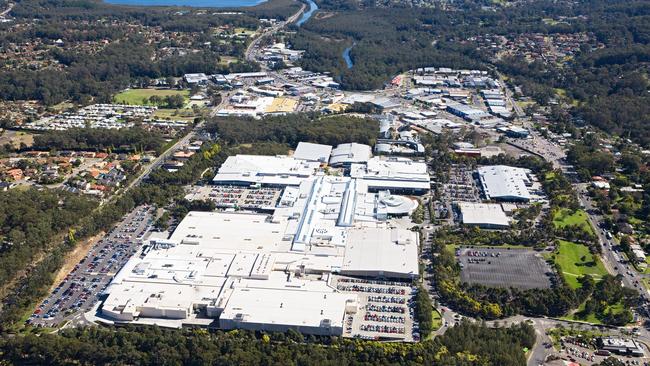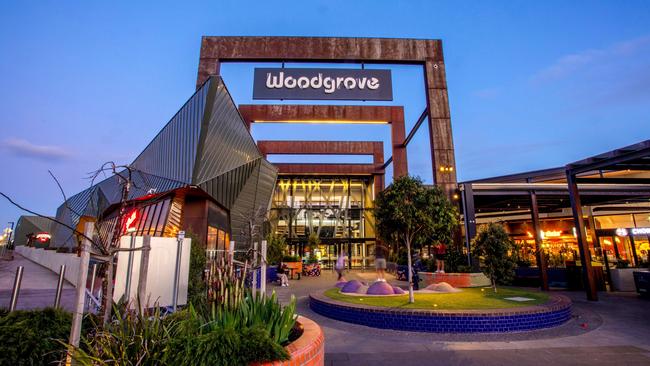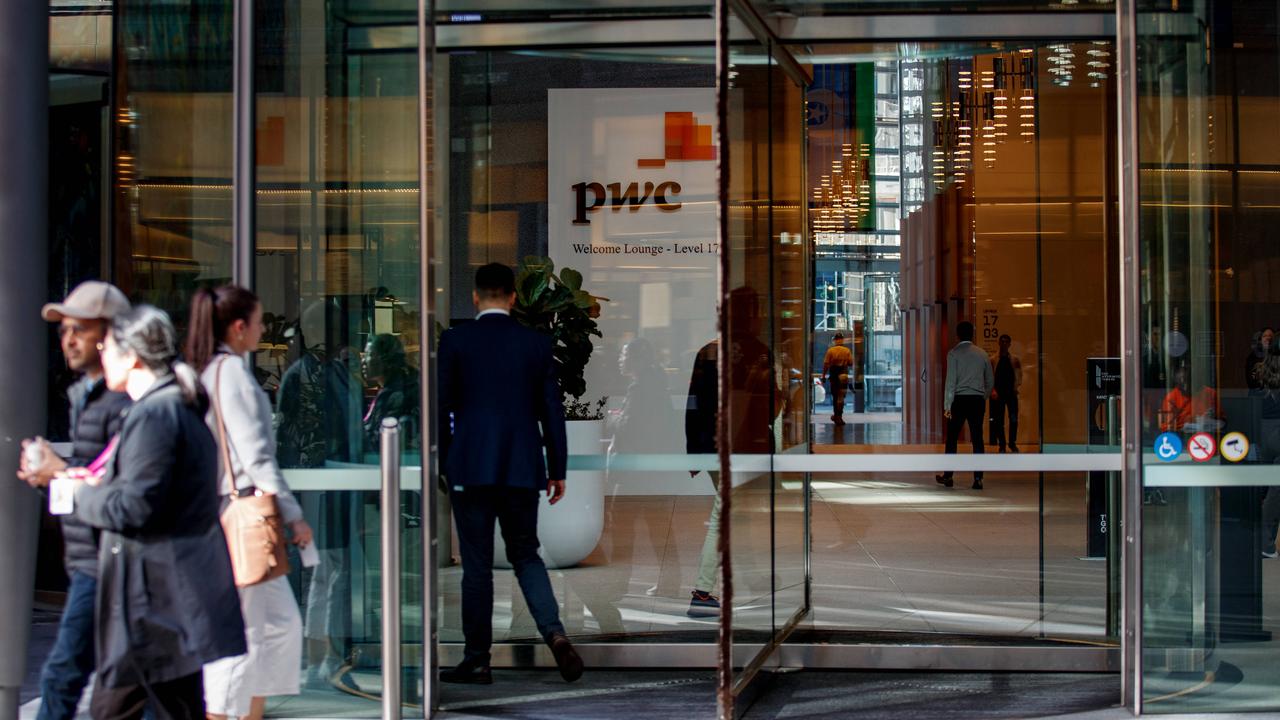Big institutions go shopping for centres but bargain sales end
Listed groups headed by Dexus, GPT and HMC Capital are leading the charge back into buying large shopping centres.

Business
Don't miss out on the headlines from Business. Followed categories will be added to My News.
Listed groups headed by Dexus, GPT and HMC Capital are leading the charge back into buying large shopping centres, showing the sector is a strong year-end pick for major investment houses.
After years of smaller players buying bargains when unwanted assets were offloaded, big groups are now forging back into the market.
They are also looking to expand their funds management empires by buying shopping centres and putting them into specialist funds aimed at attracting investors who want an exposure to the sector.
Listed groups are chasing the largest assets that are in play including Woodgrove Shopping Centre in Melbourne, and a half stake in Erina Fair in NSW – both of which are likely to trade for more than $850m.
Property group Dexus has been linked to both assets and its work is understood to be ongoing on the Melbourne centre. The expected transactions show that deal-making in retail property is essentially back to volumes seen before the coronavirus crisis, although prices have been dramatically reset.
Dexus has $9bn of retail assets under management and wants to grow its funds empire with new chief executive Ross Du Vernet at the helm. Dexus has a range of funds, including a wholesale fund and a specialist retail fund, it wants to expand.
GPT, meanwhile, is in talks to buy two of Perth’s largest shopping centres – Cockburn Gateway and Belmont Forum – from the private Perron Group for about $500m in a deal being handled by Colliers. GPT’s flagship retail property fund is also close to selling a half-stake in the $850m Northland Shopping Centre in Melbourne in one of the biggest retail plays of the year, with Collier and CBRE handling the interest.
While the parties and agencies have declined to comment on the mooted transactions, all up, there is an unusually high $2bn of regional shopping centre assets in play as the year closes out.

The rising HMC Capital is also active and is in talks to buy stakes in both Roselands and Carlingford Court from Vicinity Centres. These 50 per cent interests are likely to be sold for more than $250m. The off-market move, via CBRE, is part of the pick-up in trading between large institutions as they see that retail values have normalised.
Fund manager QIC put Woodgrove in Melbourne’s western suburbs on the block last month via JLL and Colliers, and the mall was bid around the $450m mark. It was the first time a regional shopping centre has hit the open market in Melbourne, with management rights, in more than two decades, and again showed the confidence in the sector.
Even before that stake hit the block, existing listed retail property groups were already buying again, with both Vicinity Centres and the Scentre Group – owner of the Westfield empire – acquiring assets in separate transactions.
In the case of Erina Fair, South Korea’s National Pension Service, which has been a long-term investor, plans to exit, and the drawn-out sale at close to $400m is potentially benefiting from retail property coming back into favour.
While the deal is yet to be finalised, Dexus has also emerged as a contender for this asset with its funds seen as a potential destination for the stake being sold. That would see it sit alongside lend Lendlease’s APPF Retail fund in owning the centre.
The heat is back in the market as large institutions account for the shortage of prime quality retail assets, which have produced a relatively strong trading performance despite the cost of living crisis.
Institutions are after large shopping centres which dominate their trade that can either be expanded or accommodate mixed-use projects. Getting new large-scale centres off the ground is much tougher due to soaring costs and land shortages in cities.
Some investors also see shopping centres as infrastructure-style plays because they worked as essential retail assets during the height of the pandemic and retail has proven its resilience against the challenge of online shopping and, more recently, higher interest rates.
Institutions have been drawn back to the area partly due to the relatively attractive returns in the low 6 per cent range, with upside to come both from better trading and also further development opportunities in areas with high population growth.
The big shift in attitude has caught the market slightly by surprise at year end as office transactions are getting completed but institutions are mainly still selling.
Originally published as Big institutions go shopping for centres but bargain sales end



